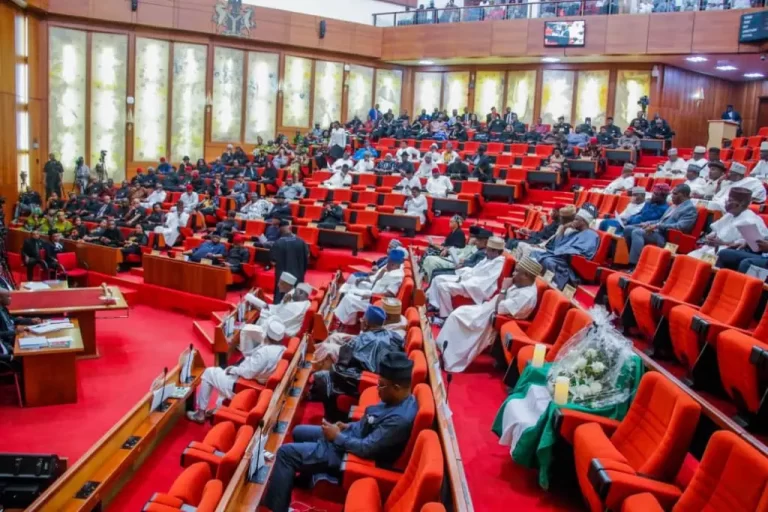The Nigerian Senate has passed, through third reading, a crucial bill aimed at preventing and prohibiting sexual harassment of students in educational institutions and other learning environments across the country.
The legislation, which originated from the House of Representatives as a concurrent bill, seeks to protect students from all forms of sexual misconduct, exploitation, and abuse within academic settings. It also establishes a clear legal framework for enforcement, prosecution, and punishment of offenders.
During plenary on Tuesday, several senators expressed strong support for the bill, hailing it as a significant step toward safeguarding the integrity and safety of Nigeria’s education system. However, some lawmakers argued that its scope should be expanded to cover all sectors of society.
READ ALSO: National Assembly Passes Student Loan Bill
Senator Adams Oshiomhole (APC, Edo North) described the proposed law as a welcome development but insisted that it should not be limited to students alone. “There is no need to restrict sexual harassment issues to students. We should craft this law in a way that gives it universal application,” Oshiomhole said.
Similarly, Senator Anthony Ani (PDP, Cross River South) maintained that sexual harassment remains a pervasive issue in workplaces and other public spaces. “Sexual harassment is everywhere. Limiting this bill to tertiary institutions is a misnomer,” he said.
Presiding over the session, Deputy Senate President Barau Jibrin explained that since the bill originated from the House of Representatives as a concurrent bill, it could not undergo extensive revisions in the Senate. He, however, noted that other existing laws already address harassment in workplaces and other public institutions.
READ ALSO: Senator Natasha Accuses Senate President Akpabio Of Sexual Harassment
Following deliberations, the Senate unanimously passed the bill for third reading, marking a major milestone in the effort to strengthen protections for students against sexual misconduct across Nigeria’s schools and higher institutions.
When signed into law, the legislation is expected to reinforce discipline and accountability in Nigeria’s education sector, providing victims with stronger legal recourse against perpetrators of abuse.

